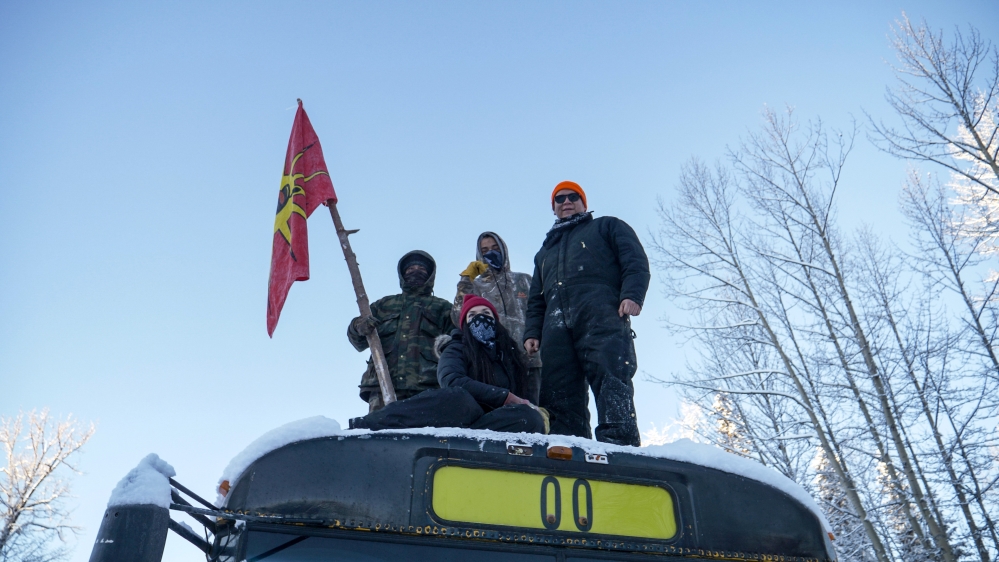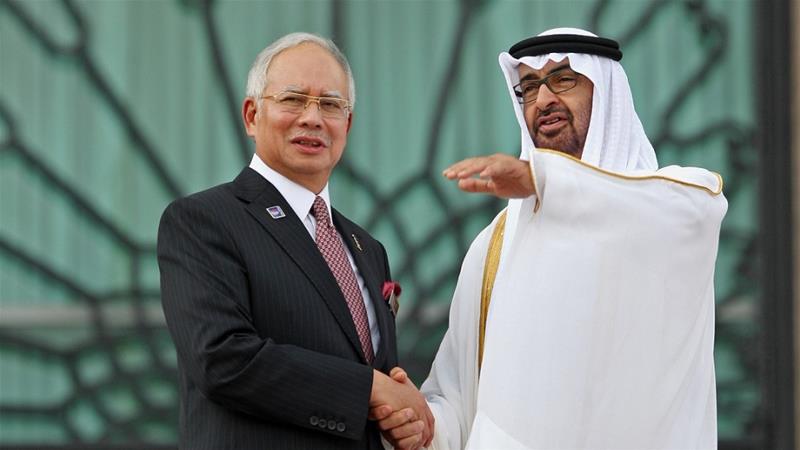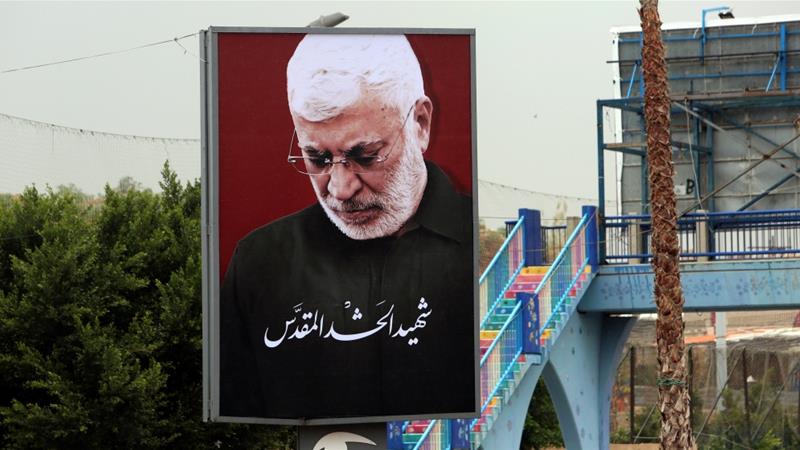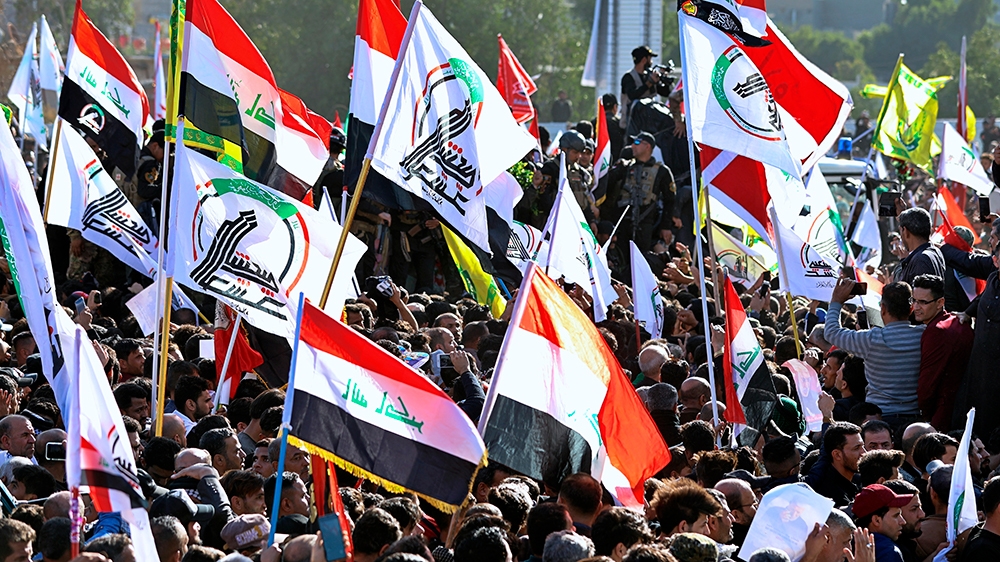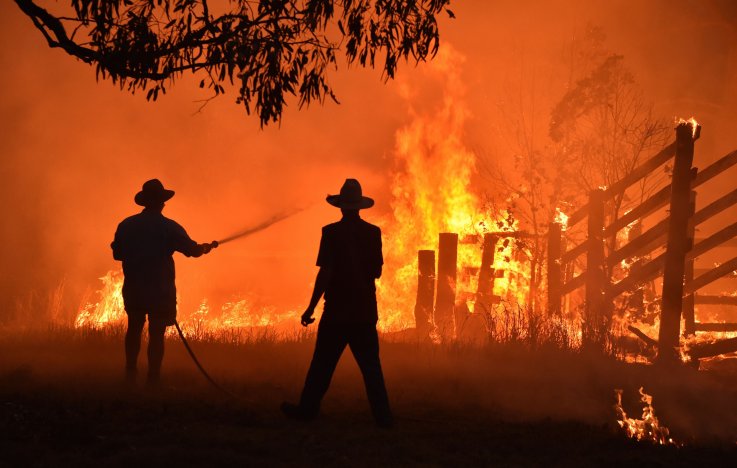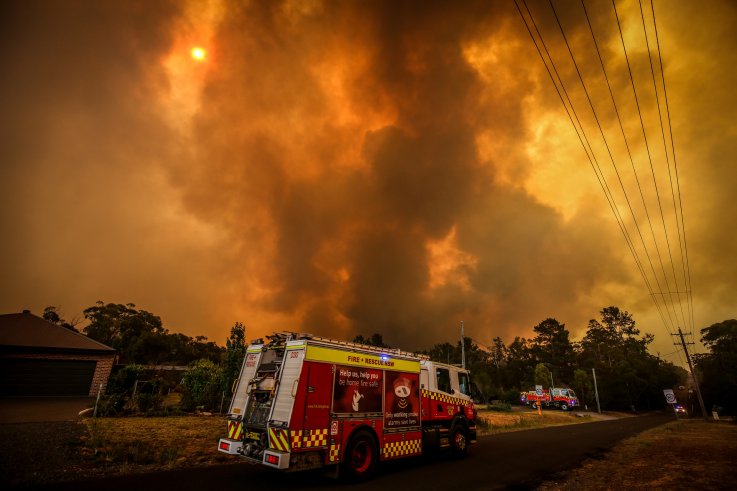Claus-Peter Reisch did not enter Maltese waters with criminal intent after rescuing 234 migrants, a court ruled.
7 Jan 2020

Claus-Peter Reisch's 10,000 euros fine has been revoked [File: May 2019/Darrin Zammit Lupi/Reuters]
The German captain of a migrant rescue ship operating in the Mediterranean Sea has had his conviction overturned by a Maltese appeals court.
Claus-Peter Reisch had been found guilty in May of not having his ship registration in order and entering Maltese waters without a permit.
More:
But the Court of Criminal Appeal on Tuesday ruled that Reisch did not have the specific criminal intent to break the law and overturned the original judgement - revoking the 10,000 euros ($11,200) fine.
The Mission Lifeline vessel had been carrying 234 migrants in June 2018 when it entered Maltese waters.
The rescue, one of many involving private ships belonging to or chartered by aid groups, had caused an international dispute as European countries dithered over what to do with the would-be refugees.
The German captain of a migrant rescue ship operating in the Mediterranean Sea has had his conviction overturned by a Maltese appeals court.
Claus-Peter Reisch had been found guilty in May of not having his ship registration in order and entering Maltese waters without a permit.
More:
Refugees or hijackers? Teenagers charged with terrorism in Malta
Rioting migrants demanding freedom torch cars in Malta
Malta accepts some migrants and refugees from Ocean Viking
But the Court of Criminal Appeal on Tuesday ruled that Reisch did not have the specific criminal intent to break the law and overturned the original judgement - revoking the 10,000 euros ($11,200) fine.
The Mission Lifeline vessel had been carrying 234 migrants in June 2018 when it entered Maltese waters.
The rescue, one of many involving private ships belonging to or chartered by aid groups, had caused an international dispute as European countries dithered over what to do with the would-be refugees.
READ MOREDesperate journeys to Europe: Italy and Malta demand support
Eventually, the vessel was allowed to dock in Malta and the migrants were distributed among EU states.
The ship, however, was impounded, but Mission Lifeline spokesman Axel Steier said now the case was over, the aid group could get it back.
"We are very relieved and happy. Now we know that we did everything right," Steier said in a statement.
For his part, Reisch tweeted: "Wow, incredible ... I won."
Mission Lifeline has acquired a new vessel that is being outfitted in Germany and plans to resume its rescues in the spring, Steier said. He said the group could no longer use the original ship because no country would offer its flag for its registration under "acceptable conditions".
Steier told The Associated Press news agency the verdict sent a message that rescuing migrants is "not a criminal thing, it's a duty".
SOURCE: AP NEWS AGENCY



 Deepika Padukone looks on as she attends the trailer launch of her upcoming Hindi film Chhapaak in Mumbai [File: Sujit Jaiswal/AFP]
Deepika Padukone looks on as she attends the trailer launch of her upcoming Hindi film Chhapaak in Mumbai [File: Sujit Jaiswal/AFP]


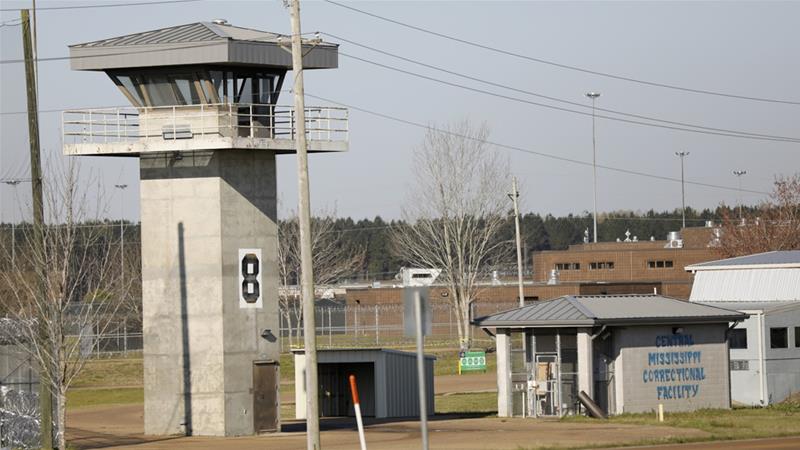 Prisoner advocates are calling for a federal investigation into the Mississippi state prison system, following the most recent spate of violence. [File: Rogelio V Solis/The Associated Press]
Prisoner advocates are calling for a federal investigation into the Mississippi state prison system, following the most recent spate of violence. [File: Rogelio V Solis/The Associated Press]

